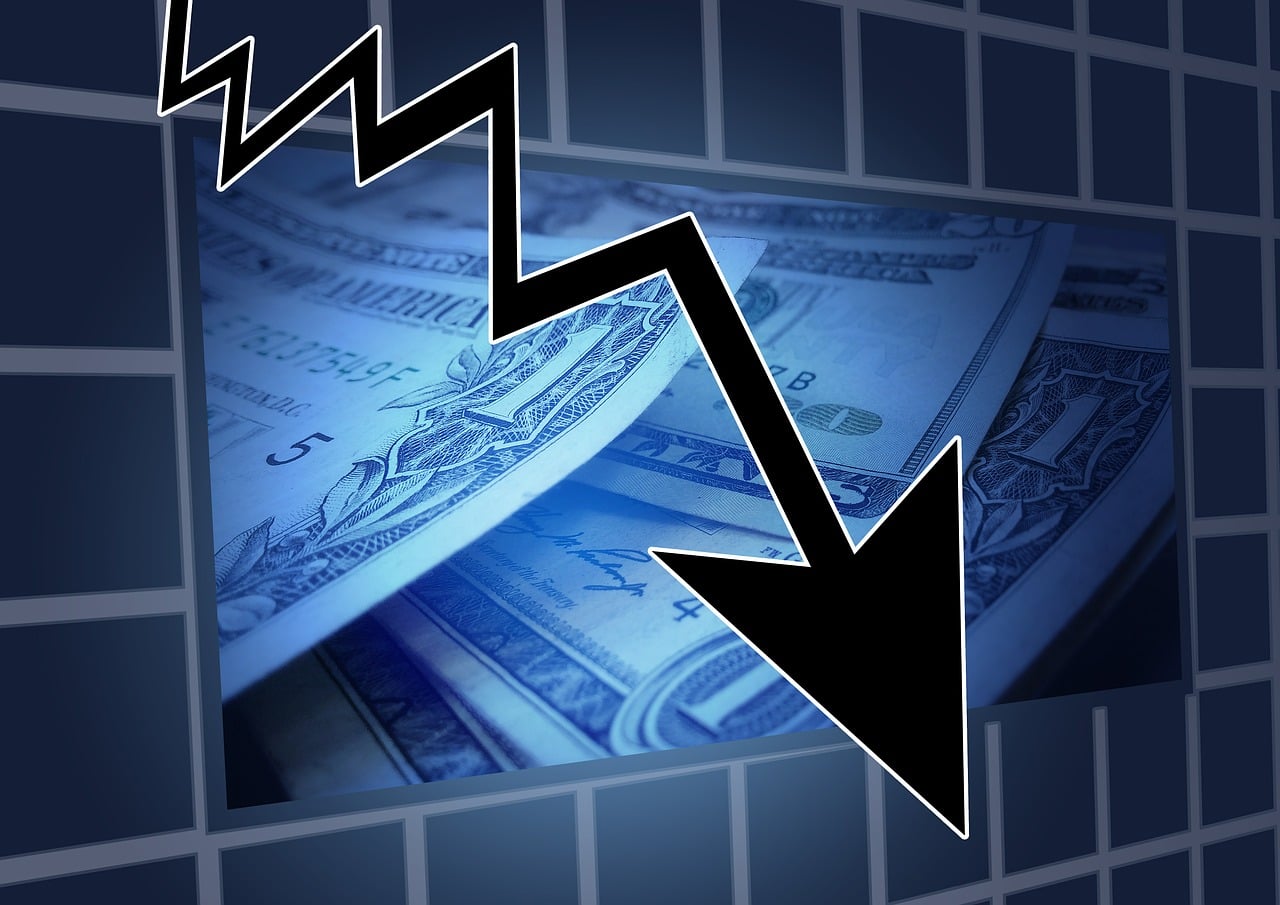The US-China trade war, the uncertainty over Brexit, the slowing Chinese economy – these are just a few major risks to the global economy. The Economist Intelligence Unit says in its 2019 Global Risks Report that the growing geopolitical uncertainty is a “source of significant risk.” Here we take a look at the top 10 biggest global economic risks in 2019, as per the Economist Intelligence Unit (EIU).
Ranked: The biggest global economic risks
The rise of populist leaders in major countries around the world could hurt the global economy. Their protectionist and nationalist policies could lead to increased international tensions. Such policies could trigger trade wars and destabilize financial markets. The EIU warned that if the trend towards populism continues, tensions around the world will continue to increase.
These are the top 10 biggest global economic risks:
10- Political and financial instability lead to an Italian banking crisis
This is a “low risk, low impact” scenario. The Italian economy has been struggling for years. Its economy shrank in the third and fourth quarters of 2018 because of the tightening liquidity conditions, and the domestic political and economic uncertainty. The country’s government debt stands at around 130% of its GDP.
9- A disorderly no-deal Brexit
The complicated and lengthy negotiations between the UK and the European Union have led to uncertainty and tension. If the political gridlock in the UK leads to a “disorderly no-deal Brexit,” the EIU estimates that it could negatively affect Britain’s GDP by 7.7% to 9.3% over the next 15 years.
8- A potential military confrontation on the Korean peninsula
It’s a “very low risk” scenario with a “very high impact.” A major armed conflict between North Korea and South Korea could have catastrophic consequences not only for the two countries involved but for the entire region and beyond. However, recent interactions between the US and North Korean leaders have brought a glimmer of hope.
7- Cyber attacks and data integrity concerns
In the last few years, we have seen massive data breaches at Facebook, Google, and dozens of other companies that exposed data of hundreds of millions of people worldwide. All that data could be used for propaganda. The EIU believes that social media companies would face tougher regulations in the coming years. Meanwhile, the incidents of cyber attacks for espionage, data theft, and money theft continue to rise. Last year, the US, Germany and many other countries saw large-scale cyber attacks on their government networks.
6- Territorial disputes in the South or East China Sea
The rising political, economic, and military might of China has led to increased tensions between China and its neighbors. There are dozens of disputed islands and reefs in the South China Sea and the East China Sea. Tensions between Beijing and the United States have also become a cause of worry as China tries to assert its dominance.
5- A sudden surge in oil prices due to supply shortages
This is a “high impact” global economic risk, according to the EIU. The increased oil output from Russia and Saudi Arabia has eased concerns of an unexpected surge in oil prices. But the risk remains as the US is convincing major importers to stop importing oil from Iran.
4- A ‘disorderly and prolonged economic downturn’ in China
Should China suffer a prolonged economic downturn, the entire world would feel the impact due to global connectedness. The trade tensions between the US and China are already affecting Chinese exports. Beijing is currently shifting its economy from export-driven to the one driven by domestic consumption. But the domestic debt remains at 230% of GDP, which gives China little room to drive growth. The government could end up making a few policy missteps in its efforts to boost growth.
3- Contagion spreads to create a broad-based emerging markets crisis
The US monetary tightening and the strengthening US dollar led to currency volatility in many emerging markets last year. Countries such as Turkey and Argentina that were also suffering from political instability saw a full-blown currency crisis. If a few emerging countries fall into crisis due to the US-China trade war or domestic factors, investors would flee emerging markets.
2- The US corporate debt burden turns downturn into a recession
The American economy’s fundamentals “remain fairly robust.” The EIU believes that the US will avoid a “damaging recession” in 2019-20. But the slowing growth in Europe, the US-China trade war, domestic financial sector vulnerabilities and other factors could turn the downturn into a full-blown recession.
1- The US-China trade war turns into a global trade war
The US has slapped additional tariffs on $250 billion worth of Chinese goods and is considering hiking tariffs on the remaining $325 billion worth of Chinese imports. Beijing has retaliated by increasing tariffs on more than $110 billion of American goods. There is a risk that the US-China trade tensions could “escalate on additional fronts” in the coming years, triggering a full-blown global trade war.





